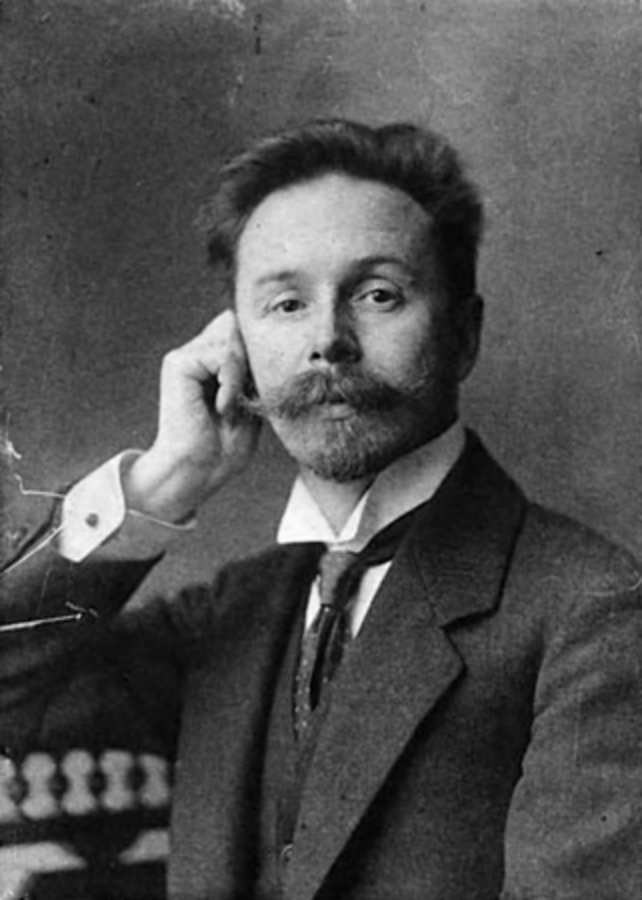Alexander Scriabin was a visionary composer and pianist whose innovative ideas and unique compositions left a lasting impact on the world of classical music. Here are five interesting facts about this enigmatic figure:
1. Synesthetic Visionary
One of the most fascinating aspects of Scriabin’s life was his synesthesia, a condition where one sensory experience involuntarily triggers another. Scriabin associated colors with musical notes, and this unique perception influenced his compositions profoundly. He devised a “color keyboard,” which aimed to project colors in tandem with the music being played. This synesthetic vision was notably reflected in his work “Prometheus: The Poem of Fire,” which includes a part for a color organ, an instrument intended to display colors corresponding to the music.
2. Mystical Philosopher
Scriabin’s music was deeply intertwined with his philosophical and mystical beliefs. He was heavily influenced by theosophy, a spiritual movement that seeks to understand the mysteries of the universe and human existence. Scriabin believed that music had the power to transcend the physical world and lead humanity to a higher plane of consciousness. His later works, such as the ambitious and unfinished “Mysterium,” were conceived as multimedia experiences meant to induce a transformative, almost religious experience for the audience.
3. Revolutionary Harmony
Scriabin’s approach to harmony was revolutionary. While his early works were influenced by the Romantic style of Chopin, his later compositions broke away from traditional tonal harmony. He developed a highly original harmonic language characterized by the use of complex chord structures, such as the “mystic chord” or “Prometheus chord,” a six-note synthetic chord that defied conventional harmonic analysis. This innovative use of harmony paved the way for future composers and contributed to the development of modernist music.
4. Influential yet Controversial
Scriabin’s influence on music and composers was profound, yet his radical ideas and personality were often controversial. His colleagues and contemporaries, including Sergei Rachmaninoff and Igor Stravinsky, admired his talent but were sometimes perplexed by his eccentricities and grandiose vision. Despite the mixed reactions, Scriabin’s work left an indelible mark on the evolution of 20th-century music, inspiring both admiration and debate among musicians and scholars.
5. A Brief but Prolific Life
Scriabin’s life, though relatively short, was incredibly prolific. Born on January 6, 1872, in Moscow, he composed a vast body of work before his untimely death at the age of 43 from septicemia. His oeuvre includes symphonies, piano sonatas, preludes, etudes, and orchestral pieces, many of which are celebrated for their emotional intensity and technical complexity. Despite his early death, Scriabin’s legacy endures, with his compositions continuing to captivate audiences and influence musicians worldwide.
Alexander Scriabin was a trailblazer whose visionary ideas and innovative music continue to resonate. His synesthetic experiences, mystical philosophy, revolutionary harmony, controversial influence, and prolific output collectively paint a portrait of a composer who dared to push the boundaries of classical music.


Comments are closed